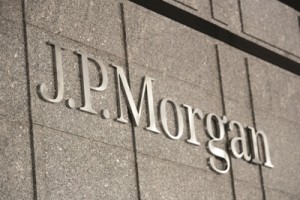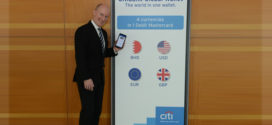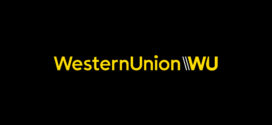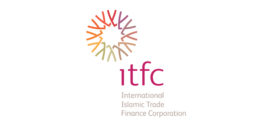- Over 75 per cent of private investors believe the Eurozone will survive the crisis
- 45 per cent say European equities are undervalued
- Technology will be best performing sector of 2012, according to poll
 Dubai, United Arab Emirates, 23rd July 2012– A J.P. Morgan Private Bank study has revealed the views of High Net Worth investors in Europe on their outlook for current market conditions and risk appetite.
Dubai, United Arab Emirates, 23rd July 2012– A J.P. Morgan Private Bank study has revealed the views of High Net Worth investors in Europe on their outlook for current market conditions and risk appetite.
The study* polled more than 300 High Net Worth investors in 15 cities across Europe and found that opinions were mixed, with over 75 per cent believing the Eurozone will survive the ongoing crisis, possibly with changes to the current structure. Only six per cent said there would be a severe global depression. High Net Worth investors in Spain, Ireland and the UK were found to have the most optimistic outlook, with 92 per cent, 90 per cent and 85 per cent respectively believing the Eurozone will either manage to avert large defaults and is rewarded for stringent austerity, or one that survives but will look different than the current structure.
Despite the uncertainty, 45 per cent of wealthy investors think European equities are the most undervalued risk assets. This view was highest in Spain (69 per cent of respondents), Ireland (44 per cent) and the UK (41 per cent). Twenty-four per cent view U.S. real estate as an investment opportunity, followed by Asian equities (11 per cent) and high yield bonds and oil (10 per cent).
The survey also asked High Net Worth investors for their outlook on the best performing sector of 2012. An overwhelming 38 per cent said the technology sector would be the top performer followed by the banking sector with 20 per cent of votes, and mining at 16 per cent.
Cesar Perez, Chief Investment Strategist for J.P. Morgan Private Bank in EMEA, commented: “Event risk has risen, specifically around European politics. While we expect markets to work through the noise, the next few months are going to be distracted and volatile. Most importantly, a large part of the near term event risk continues to be election and policy driven. The European sovereign debt crisis has given rise to the need for structural reforms. Imbalances are still severe and the divergence in economic activity between periphery and core is negatively correlated with any potential improvement in the situation. Until now, policies have been reactive rather than proactive and politicians are not yet willing to integrate more. The arrival of Mario Draghi at the helm of the ECB last year was positive for markets as this increased the likelihood of the ECB acting as the buyer of last resort.”
“Current circumstances call for modestly less risk than normal. While equities look cheap, especially compared to investment grade bonds, they are cheap for a reason. The extremely high uncertainty surrounding Europe and threats to emerging market growth are two explanations why equities are as cheap as they are from a Price-to-Book and to a lesser extent a Price to-Earnings valuation perspective. Given that this uncertainty at the macro level is unlikely to be resolved overnight, equity valuations could stay cheap for some time. Nonetheless, we do see opportunities in selected stocks that benefit from downbeat valuations in Europe, but which generate a majority of their revenues outside of Europe.”
 Cash And Trade Magazine For Cash and Trade professionals in the Middle East
Cash And Trade Magazine For Cash and Trade professionals in the Middle East




